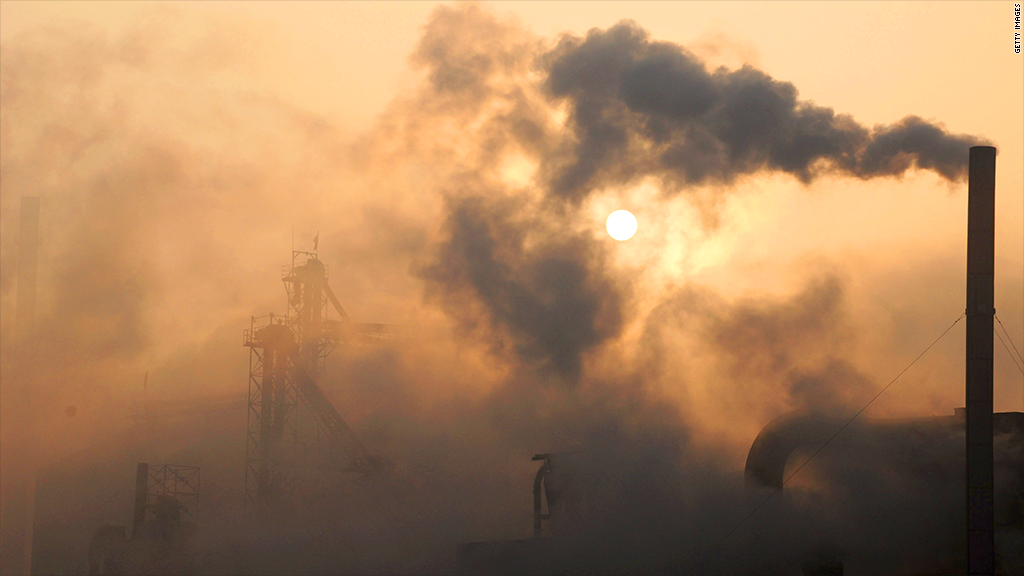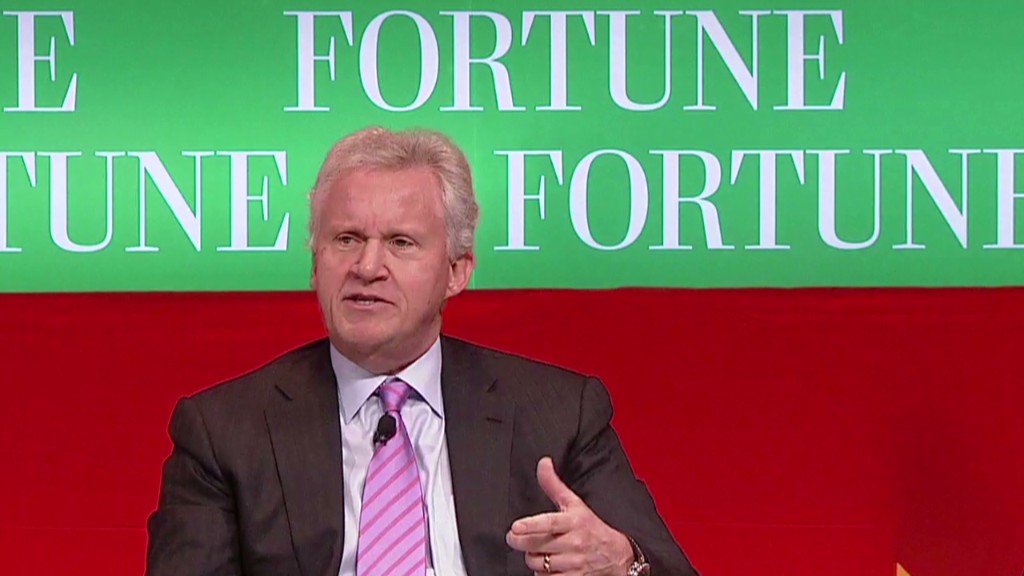
The world is moving in the wrong direction to limit global warming, with CO2 emissions rising to a record high in 2012, and four steps must be taken in order to keep the earth's temperature down, the International Energy Agency (IEA) said.
Energy-related CO2 emissions increased 1.4% last year, reaching a record high level of 31.6 gigatonnes.
The Paris-based IEA this week called for nations to agree to four energy policies by 2015, aiming to keep global warming from rising above 2°C by 2020. Without an agreement, CO2 emissions are likely to result in a temperature increase of between 3.6°C to 5.3 °C by around 2050, the IEA said.
"Amid concerns over global economic pressures, climate change has quite frankly slipped to the back burner of policy priorities," IEA Executive Director Maria van der Hoeven said in London.
The four energy policies the IEA wants nations to implement are primarily focused on energy-saving measures in appliances, lighting systems and heating and air-conditioning in buildings.
Other policies include limiting the use of inefficient coal power plants, especially in China, halving the level of methane released from oil and gas facilities, as well as phasing out fossil-fuel subsidies that encourage further consumption, most significantly in the Middle East.
Carbon emissions have caused more droughts and heat waves across the continents, and changes in tropical cyclones and storm patterns, harming agriculture production, the IEA said. "Sea levels have risen by 15-20 centimeters, on average, over the last century and this increase has accelerated over the past ten years," according to the report. "Oceans are warming and becoming more acidic, and the rate of ice-sheet loss is increasing, with the area of ice covering the Arctic Ocean in the summer diminishing by half over the last 30 years to a record low level in 2012."
A part of the 2010 Cancun Agreements, 91 countries, representing nearly 80% of global greenhouse gas emissions, have pledged to act. These pledges, however, collectively fall well short of what is necessary to deliver the 2°C goal, according to the IEA report.
China, Japan, India and the Middle East all contributed to the growth in global CO2 emissions. China was the largest polluter, but the pace of its increase was one of the lowest in the last decade. IEA attributed China's improvement to a wider use of alternative energy.

Meanwhile, emissions from the United States and Europe fell.
CO2 production declined by 200 million tonnes (Mt) in the United States in 2012, bringing it back to a level not seen since the mid-1990s. This was the largest decline worldwide, due to America's transition from coal to natural gas in power generation. Europe reduced emissions by 50 Mt. "Both economic contraction and renewable energy as well as a cap on emissions from the industry and power sectors contributed to the decline in EU emissions, despite an increase in coal use," the IEA said.
"The question is not whether we can afford the necessary investments given the current economic climate," van der Hoeven said. "The fact is we simply cannot afford to delay."


